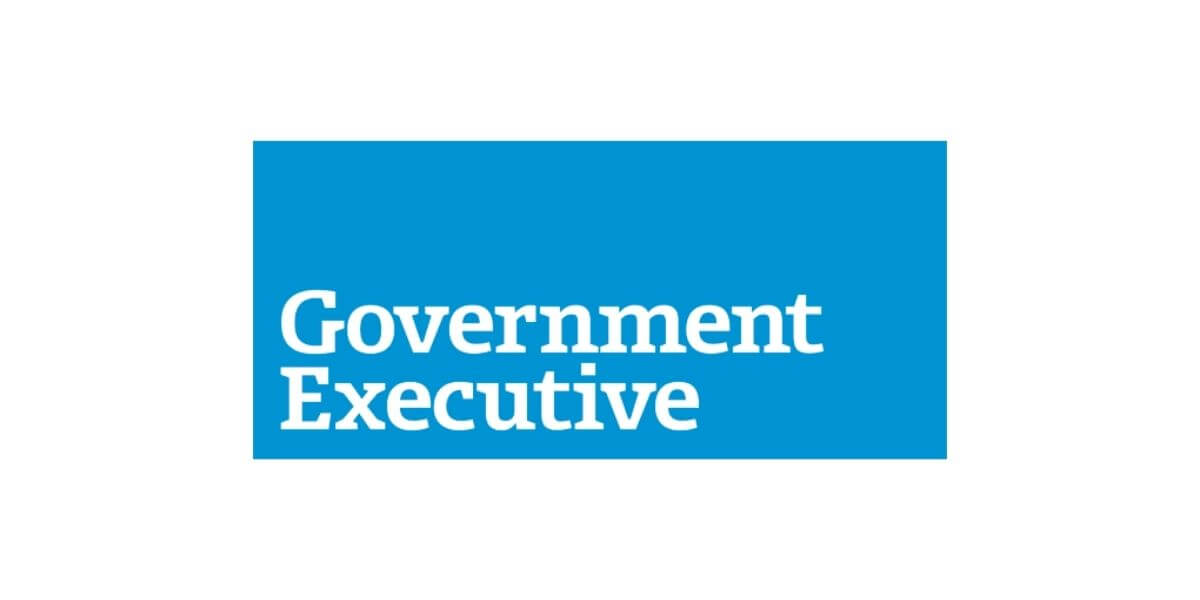Tumblin continues to seek justice as FBI whistleblower
WASHINGTON, D.C. — July 30 marks the 12th annual National Whistleblower Day, a year following Summit Point resident Teresa Tumblin’s move to submit her nearly decade-long…
Does the Hatch Act apply to you? Election season do’s and don’ts
With the fall season comes football, pumpkin-flavored everything and Election Day. Federal employees may be tempted to get involved by making political donations, campaigning for…
Utica teen officer involved shooting investigation: What’s Next?
t’s been nearly one week since a 13-year-old boy was shot and killed in Utica after a traffic stop and foot pursuit led police to believe the teen had a weapon. That firearm…
Bill decriminalizing adultery awaits Gov. Hochul’s signature
ALBANY, N.Y. — Committing adultery is a violation of the Ten Commandments according to the Bible, but many people are unaware it is also a Class B Misdemeanor in New York state.…
Girlfriend of deceased in Fox Run Apartments officer involved shooting sues
CLIFTON PARK (NEWS10) – Kyla Brothers, the girlfriend of Anthony Zaremski, who was killed by police during a search warrant execution in Clifton Park last summer, has filed a…
Fireworks, the law, and you: What’s legal in New York State ahead of the Fourth of July
It’s fireworks season with the Fourth of July on Thursday, and that’s got some people looking to buy some fireworks for themselves. There are plenty of fireworks tents popping…
Donald Trump’s sentencing in “hush money” trial conviction delayed until September
Trump was found guilty back in May on all 34 felony counts of falsifying business records. CBS New York’s Alice Gainer has more on the latest twist in the case. Watch…
Federal Employees Warned To Follow Hatch Act When Using Social Media
During his time in the White House, former-President Donald Trump was known to post a lot on social media. As the president, he was not only entitled to do so, but was legally…
New York business leaders knock preparation time for paid breast milk breaks
State business leaders are concerned small employers will struggle to comply with a new state law that took effect Wednesday which mandates all breastfeeding workers receive…
The Pentagon’s Handling of J6 Response Assessment with Captain Tim Nick
The Hard Truth with Tony Shaffer – In this edition of The Hard Truth, Tony Shaffer welcomes Captain Timothy Nick, who blew the whistle on the Pentagon’s handling of the…








